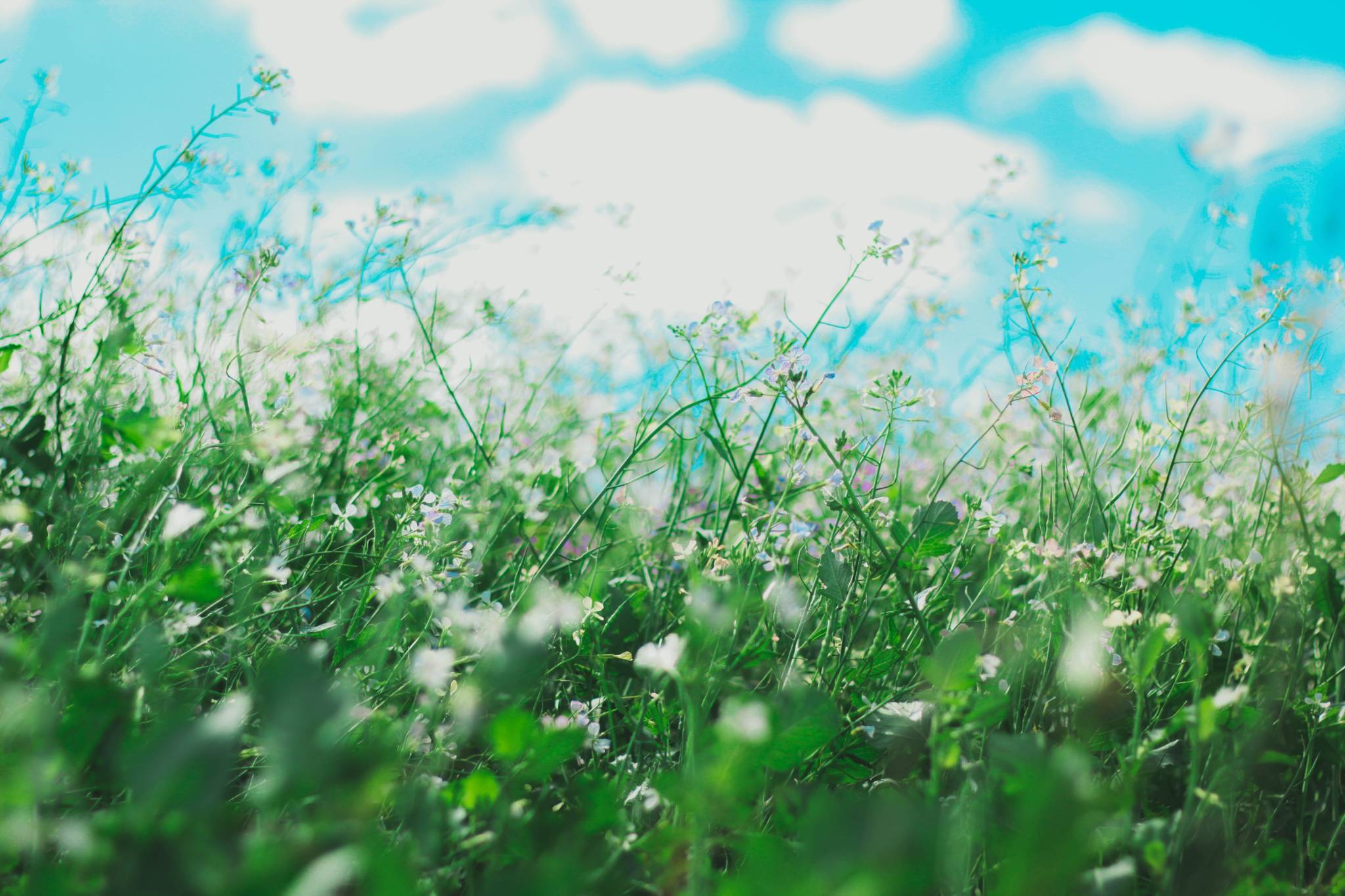How Does Alcohol Affect Your Sleep?
Anyone who has ever had any experience with alcohol knows that it makes people drowsy. In fact, several people consume alcohol before bed to fall asleep. It is customary to drink a nightcap – usually an alcoholic drink – before bedtime because it is supposed to help induce sleep. Any warm drink before bedtime is known to soothe the nerves, induce relaxation, and bring sleep quickly. However, consuming alcohol before going to sleep also affects your quality and quantity of sleep. Although alcohol is a depressant and causes drowsiness, it has been found to contribute to poor sleep.
Although alcohol is generally known to aid sleep, it actually has the opposite effect. It can help people fall asleep quickly but later interferes with REM sleep. This is because consuming alcohol – be it beer, wine, or any other spirits – before bed has been found to cause slow-wave sleep patterns called delta activity. This is when memory formation and learning happens during deep sleep. But the problem occurs when alpha activity – the opposite of delta activity – is also turned on. This alpha activity interferes with sleep because it isn’t supposed to happen during sleep. When the alpha activity occurs during sleep, it interferes with restorative sleep and causes disruptions.
Alcohol before bedtime also affects your circadian rhythm. This is your biological clock that brings sleep at night and makes you wake up in the morning. When you drink alcohol before bed, it makes you wake up in the middle of the night, because alcohol affects the normal production of chemicals in the body that triggers sleepiness. Soon after consuming alcohol, the sleep-inducing chemical adenosine is produced, which makes people fall asleep quickly. But it the chemical soon subsides equally quickly, disrupting sleep and causing people to wake up in the middle of the night. That is the reason why people may feel drowsy and sleepy soon after drinking but become alright sometime later.
As mentioned in the beginning, alcohol also interferes with REM sleep. When alpha and delta activities occur together in the brain, it prevents REM sleep, which is the deepest part of the sleep cycle. With less REM sleep, people are more likely to wake up feeling tired, groggy and confused. Signs such as these indicate poor quality sleep.
There are other ways in which alcohol contributes to poor sleep quality. For instance, alcohol has been found to be a reason behind sleep disorders like sleep apnea and snoring. In fact, alcohol aggravates breathing problems during sleep because it helps the whole body relax, and when the whole body relaxes, the throat muscles also relax. This makes problems like snoring and sleep apnea worse and affects the quality of sleep. If you already suffer from sleep apnea, snoring, or other sleep disorders, drinking alcohol before bed is not a good idea because it makes those problems worse.
Alcohol also makes sleep time uncomfortable by waking you up for bathroom trips. Normally, we need to use the bathroom less when we sleep because the body knows its sleep time and makes the bladder go into hibernation for the night. But alcohol being a diuretic makes you need the bathroom more often at night, interfering with the quality of sleep.
Considering all these factors, it is safe to conclude that alcohol and sleep don’t go together. Therefore, cutting down on alcohol before sleep is the best way to get a good night’s rest. Alcohol has been consumed before bedtime for ages, and several people still like a glass of wine before they go to sleep. But then they wonder why they wake up tired and groggy in the morning.
If you consume alcohol before bed and wake up in the middle of the night or in the wee hours feeling worse, the drink was to blame. In that case, you must either not drink alcohol before bedtime at all, or even if you do drink, time it at least two hours before you go to sleep. Having a glass of wine at dinner is all right, but drinking right before you turn out the lights does more harm than good. This simple change can bring restorative sleep back to your life.




